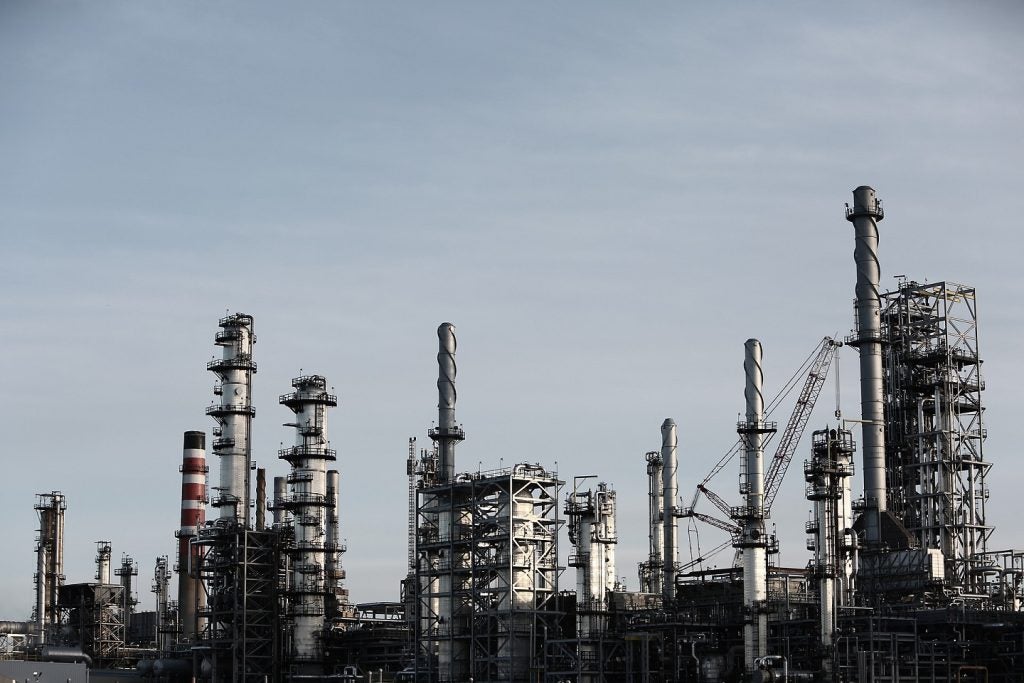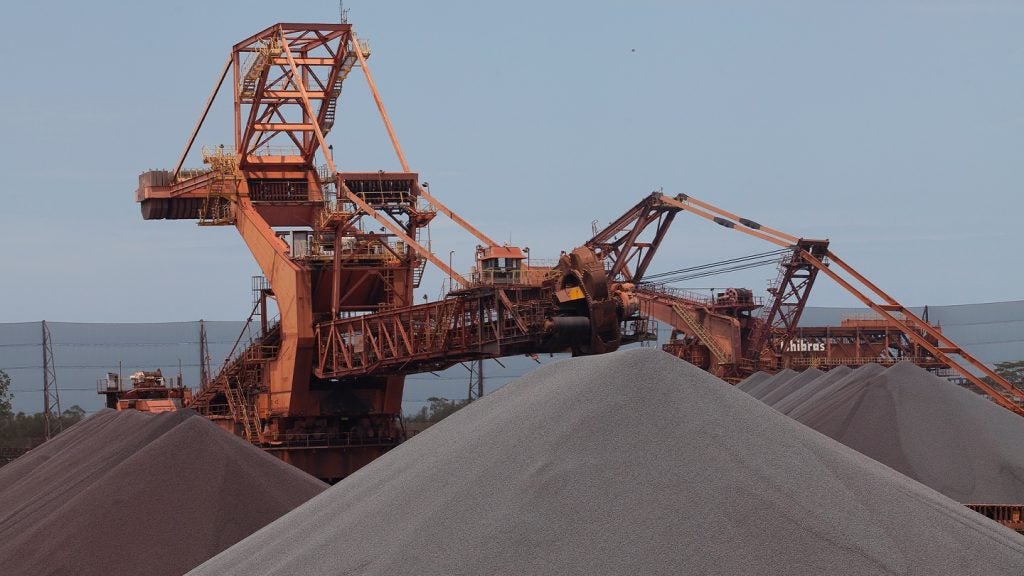Glencore has reported net income attributable to equity holders of $4.56bn (€4.15bn) in the first six months of 2023, a 62% plunge from $12.08bn in the same period last year, which gained from rising prices in the fallout from the Ukraine conflict.
The decrease in H1 2023 was driven by reduced commodity prices amid an easing of market volatility compared with a year earlier.
The Anglo-Swiss commodity mining and trading company posted adjusted earnings before interest, taxes, depreciation and amortisation (EBITDA) of $9.39bn in H1 2023, compared with $18.91bn a year earlier.
Glencore CEO Gary Nagle said: “Against the backdrop of a normalisation of commodity market imbalances and volatility, primarily across the energy spectrum, our marketing and industrial segments posted a healthy earnings performance, delivering group-adjusted EBITDA of $9.4bn, cash generated by operating activities of $8.4bn and net income attributable to equity holders of $4.6bn.”
Revenues dropped 20% from $134.43bn to $107.41bn.
Net debt at the end of June 2023 stood at $1.54bn vs $75m at the end of 2022.
“Reflecting these solid headline earnings, together with a $3.7bn release of net working capital, including $1.4bn of readily marketable inventories, net funding remained static over the period, after disbursing $5.2bn of shareholder returns, $2.5bn of net capital expenditure and $2.7bn of final 2022 tax payments in Australia and Colombia. Net debt finished the period at $1.5bn,” Nagle added.
Glencore also said it has increased the total shareholder returns for 2023 to around $9.3bn through a special cash distribution of around $1bn, and a buyback programme of $1.2bn.
This is less than the amount earmarked in the previous year, as the company looks to set aside more cash for the complete or partial acquisition of Canada’s Teck Resources.















